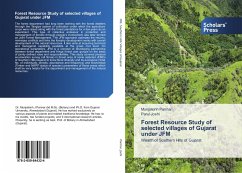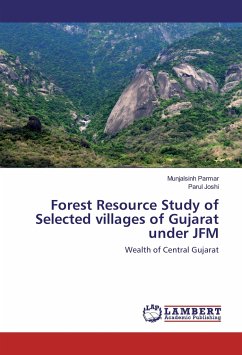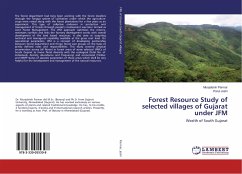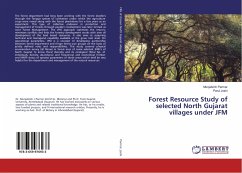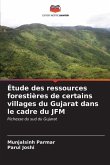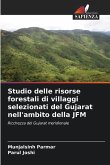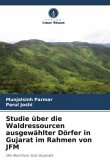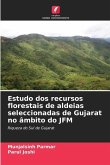The forest department had long been working with the forest dwellers through the Tangiya system of cultivation under which the agriculture crops were raised along with the forest plantations for a few years as an experiment. This type of collective endeavor in protection and management of forests through people's involvement was later termed as Joint Forest Management. The JFM approach optimizes the returns, minimizes conflicts and links the forestry development works with overall development of the natural resources. It also aims at acquiring technical and managerial capability available at the grass root level. On operational parameters, JFM is a concept of developing partnership between forest department and fringe forest user groups on the basis of jointly defined roles and responsibilities. This study covered physical enumeration survey (all florae) in forest area of some selected JFMCs of Southern Hills Gujarat to know floral diversity and its ecological (Total No. of individuals, density, abundance and frequency) and economical (Timber and NWFP status of species) parameters of those areas which shell be very helpful for the department and management of the natural resources.
Bitte wählen Sie Ihr Anliegen aus.
Rechnungen
Retourenschein anfordern
Bestellstatus
Storno

